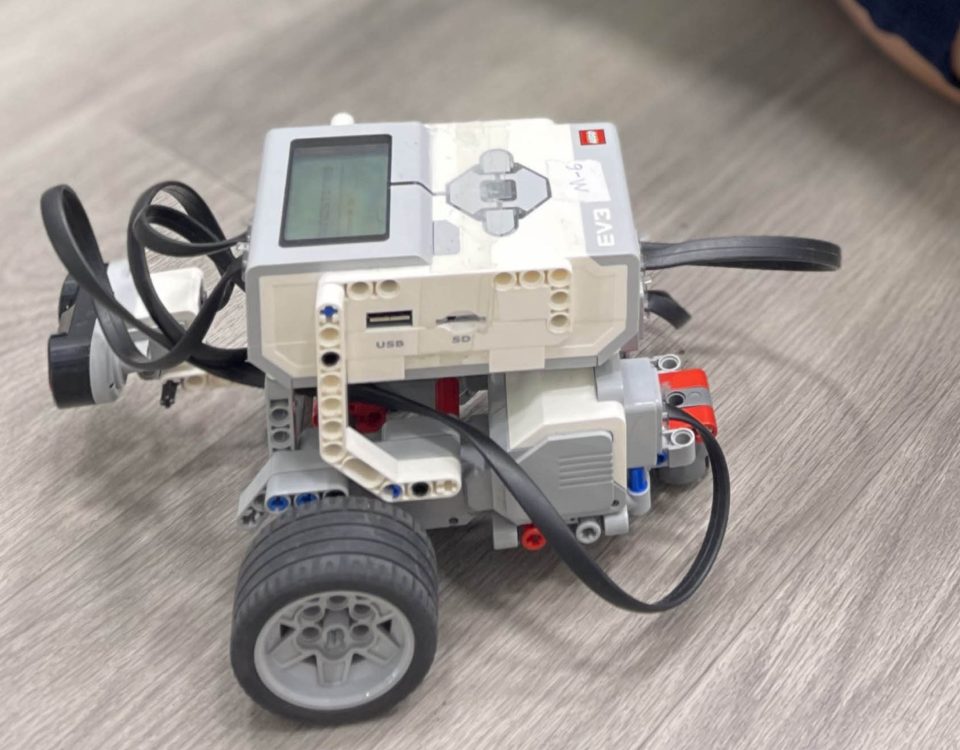Validating Your Child’s Feelings
As you know, children are developing every day. Their physical, emotional and social development is all an ever-evolving trifecta that often hinges upon their interactions with us. The way we choose to respond to situations that occur with our children will ultimately shape them. The way they respond to the world is a direct result of the way we responded to them.
This is why it’s important to always validate their feelings. Everyone wants to be heard and understood. Children are no different. As adults, we must let them know that it’s okay to feel the way they do. Even emotions that are typically considered negative (anger, sadness, jealousy, envy, etc.) can all be used as a learning tool. Help your child navigate these difficult emotions so that they can form healthy coping strategies to sustain them throughout life’s ups and downs.
Healthier Alternatives
Don’t: Punish
Do: Discipline
If a child does something wrong, don’t let it be a free pass and ignore it, but don’t go overboard. If you ground them for forgetting to do their homework, what are they going to learn? Instead, practice discipline. Set aside a specific time for homework every night. If they finish early and do their work correctly, give them the remaining time to use how they choose.
Don’t: Demoralize
Do: Be Relatable
Children are inherently irresponsible. Their emotional maturity is still developing. When they make a mistake, don’t demoralize them by asking things like, “How could you be so irresponsible?” Instead, let them know that you remember what it’s like to be young but that part of growing up is learning to be more careful and thoughtful. Help them learn to be mindful of people and things.
Don’t: Solve their problems for them
Do: Brainstorm ideas with them to solve their own problems
It may be easier for you to just take the reins but resist the urge. Help your child step back, assess the problem and develop strategies to overcome whatever obstacle is ahead of them. Support them as they execute the plan.
Don’t: Practice denial
Do: Teach them accountability
Adults so often want to tell children, “It’s not your fault!” The fact of the matter is that sometimes it is their fault. We all make mistakes throughout our entire lives. Teach your children to take responsibility for their actions and have integrity in everything they do. After all, mistakes are a part of life.
Remember, you are raising children to become productive adults. What you do now will have a direct impact on their lives as partners, employees, friends and members of society. The hard lessons are where the most growth happens. Let them feel all of their feelings and validate those feelings, good or bad. Embrace it and keep pushing forward.








